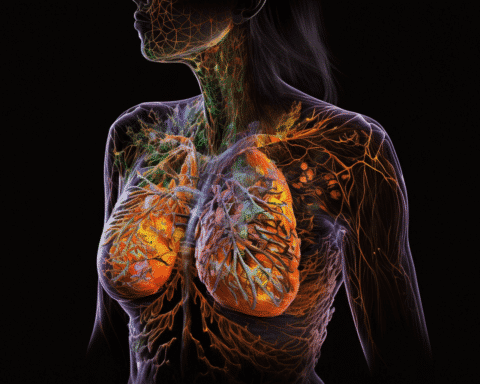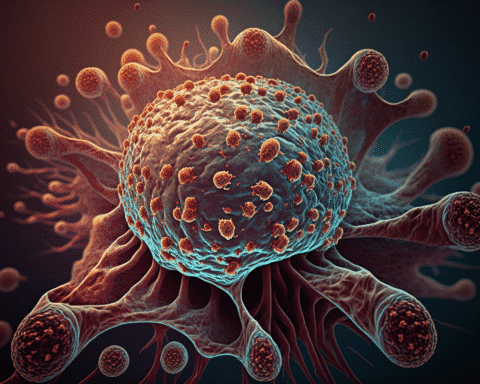Ultra-processed foods are highly palatable and widely consumed but have been associated with chronic diseases and increased mortality risk.
Many people’s diets are high in ultra-processed foods, such as breakfast cereals, muffins, snack bars, sweetened yogurts, soft drinks, and energy drinks. These foods comprise a significant portion of the calories consumed in countries like the United States, England, Canada, France, Lebanon, Japan, and Brazil.
Food companies constantly introduce new ultra-processed products with various flavours and ingredients. These items often contain high fat, sugar, sodium, and artificial flavours, making them hard to resist and leading to overconsumption. Studies have linked ultra-processed foods to obesity, heart disease, hypertension, type 2 diabetes, and colon cancer.
To reduce dependency on ultra-processed foods, it’s essential to identify them in your diet and find less-processed substitutes. The focus of nutrition should be on the physical, biological, and chemical processes food undergoes before consumption.
Foods can be unprocessed, minimally processed, moderately processed, or ultra-processed. Ultra-processed foods are industrial creations with numerous additives, artificial flavours, colours, sweeteners, stabilizers, and preservatives. They usually undergo multiple processing methods, resulting in an unnatural taste, texture, and appearance.
Research indicates that our bodies react differently to ultra-processed foods than less processed alternatives. These foods may trigger our brains and biology due to unnatural combinations of fat, carbs, sodium, and other flavour enhancers. They often have little fibre and are easily digestible, causing blood sugar, insulin, and other hormone spikes.
Many ultra-processed foods use industrial machines that can destroy micronutrients and create harmful compounds, including carcinogens. These foods also contain additives with unclear health effects.
Cut ultra-processed foods from your diet, choose more whole and minimally processed foods and avoid prepared and packaged foods. Opt for plain yogurt with added berries, nut butter, and honey instead of sweetened fruit yogurts, and consider homemade baked nuggets instead of frozen ones. Replace sugary sodas and sports drinks with sparkling water, unsweetened teas, or plain water flavoured with natural fruit.
When shopping for convenience, compare labels and choose products with the fewest ingredients. Websites like truefood.tech can help you find less-processed versions of your favourite foods. Making small changes to your diet and consuming fewer ultra-processed foods may lead to health benefits and encourage the food industry to produce more minimally processed options.
Incorporating Healthier Food Choices into Your Daily Routine
To further improve your diet and overall health, consider the following tips:
- Plan your meals: Planning your meals can help you avoid the temptation of ultra-processed foods. Make a weekly meal plan and shopping list to ensure you have fresh, whole, and minimally processed ingredients on hand.
- Cook at home: Cooking at home allows you to control the ingredients and preparation methods. Experiment with new recipes and make healthier versions of your favourite meals using whole foods and fewer additives.
- Incorporate more fruits and vegetables: Include fruits and vegetables in every meal. They are rich in nutrients, fibre, and antioxidants, which can help counteract the negative effects of ultra-processed foods.
- Choose whole grains: Opt for whole grain products such as brown rice, quinoa, and whole wheat bread. Whole grains are less processed and provide more fibre, vitamins, and minerals than refined grains.
- Limit processed meats: Processed meats, such as hot dogs, sausages, and deli meats, are high in sodium, preservatives, and unhealthy fats. Choose lean protein sources like poultry, fish, legumes, and tofu instead.
- Mindful snacking: Swap out ultra-processed snacks like chips and cookies for healthier alternatives like nuts, seeds, whole-grain crackers, and fresh fruit.
- Read food labels: Pay attention to the ingredients list on packaged foods. Look for products with fewer ingredients, minimal additives, and lower levels of added sugars, sodium, and unhealthy fats.
- Practice portion control: Even when consuming healthier alternatives, it’s essential to be mindful of portion sizes to avoid overeating.
- Stay hydrated: Drink plenty of water throughout the day to stay hydrated and help control your appetite.
- Seek support: Share your goals with friends and family, and consider joining a local or online support group to help maintain motivation and accountability.
Gradually adopting these healthier habits can lead to improved overall health and well-being. As more people reduce their consumption of ultra-processed foods, the food industry may be encouraged to produce healthier, minimally processed alternatives, promoting better public health outcomes.
Reducing the consumption of ultra-processed foods and embracing healthier alternatives can significantly impact our health and well-being. By making conscious choices, planning meals, and educating ourselves on healthier food options, we can break the cycle of dependency on ultra-processed foods. As we shift our eating habits towards whole and minimally processed foods, we improve our health and demand healthier products, ultimately leading to a more health-conscious society.




